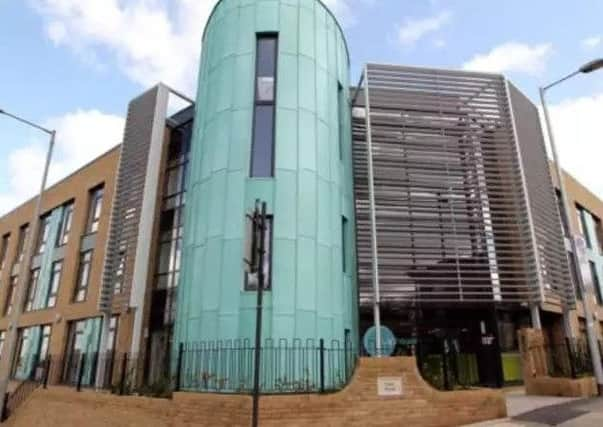Column: It takes a village to raise a child


I was ordained in 2007 by a Ugandan-born bishop who had fled the violence of Idi Amin.
Relatively young in years, he came to begin a new life in the United Kingdom, convinced that life in his native land no longer held much potential for peace and prosperity for him or his family.
Advertisement
Hide AdAdvertisement
Hide AdIn preparation for the priesthood, where proximity to suffering and pain, and joy and gladness, are received in relatively equal proportions, his example to the young aspirants to the ordained ministry was profound, because he had lived something that most western Christians embrace only as a concept... that of being willing to suffer for what you believe.
One of the toughest things to endure as a practising English Christian in your teenage years is a certain amount of apathy, but more lastingly the playground prejudice that surrounds people with religious convictions.
Sticks and stones may break my bones, but words will last forever. But what if apathy and harsh words are met with equally forceful violence?
What John Sentamu was able to communicate to us was something of the community ethic of the community within which he grew up, and by which he was formed.
Advertisement
Hide AdAdvertisement
Hide AdThe community ethic of a Ugandan man who became a bishop in England is necessarily going to be different from the ethic of a white Englishman, but that usually presents no issue. What is being presented, when we share cross-culturally, is often little different to what any of us believe about ourselves or our community, and yet expresses it in a way that is different and wonderfully attractive.
Despite this seeming disconnect, what we received from Sentamu was wisdom that stayed with me, causing me to ponder over statements like ‘It takes a whole village to raise a child’, and to see the substantial truth embedded in a proverb that really is rather light on words.
That proverb in particular returned to me this last week, as news came to us about the Hope Centre itself becoming homeless, to be replaced by an amped-up night shelter, developed from the time-limited one that the borough council runs on Castle Hill.
It seemed a strange thing for a housing association to concede, in a single press release, both that the homeless situation was worsening in Northampton and that now was the right time to force a homeless charity to engage in a relocation, one that will surely come with a price tag of six figures.
Advertisement
Hide AdAdvertisement
Hide AdOf more concern was that this news seemed to come out of the blue, and represented a significant shock to some, and to others seemed entirely unsurprising.
In Christian scripture, childhood refers both to the actual stages of youth and innocence, and to the humiliation of the vulnerable and the humility of the meek. This means I am bound to ask, when we think of the most vulnerable, whether our whole village is helping to raise these children, these humiliated, these meek?
Scripture imagines that we would, focussed on the task of improving outcomes for such people, find a certain unanimity of purpose among ourselves – or that the task might be a catalyst for consensus – so that none feel isolated from the work of the other.
Our community, as it reconfigures how it does things, needs to work out the bounds of our capacity, and where reciprocity can feed our limits and define our strengths.
Where there are gaps, or conflicts, or duplications, it will surely be the most vulnerable who are let down the most by any inability to work together.